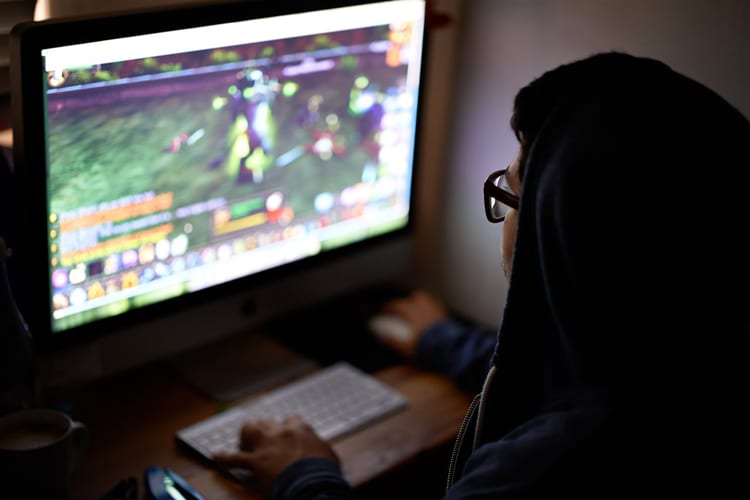Technology has transformed the way we connect with one another, opening up new avenues for interaction, particularly within the gaming community. Social interaction became an immersive experience, captivating young audiences, but it unfortunately brought along its own set of challenges. Initially, cyberbullying was not recognized as a form of abuse, as communication occurred solely on gaming platforms, with no immediate physical threat to substantiate the claims. However, over time, cyberbullying and data protection emerged as critical concerns, troubling many gaming communities. With 618 million gamers under the age of 18 worldwide, concerns over privacy and safety are intensifying.
FOOD NEWS: 10 celebrity chef restaurants to try in Arizona
Addressing Cyberbullying in Online Gaming Communities
Many game developers and platform providers have implemented measures to combat cyberbullying, such as reporting systems and blocking or muting features. However, no system is foolproof. In some cases, the sheer volume of interactions within online gaming communities makes it difficult for moderators to manage. As a result, one of the most effective ways to protect yourself from harassment is to remove your personal information from the internet. Initially, the anonymity of players was seen as a key feature of online platforms, offering freedom and privacy. However, over time, it has also served as a shield for harmful behavior, enabling toxic actions without direct consequences.
To address these issues, gaming companies have increasingly turned to AI-powered tools and machine learning algorithms to detect bullying and potential personal information leaks. In order to prevent gaming platforms from becoming hostile environments for fair play and camaraderie, developers implemented automatic blocks for offensive and abusive language.
Still, not everything can be controlled by the gaming websites. Players have a crucial role in whether or not their communities will continue to be safe places for people wanting to exchange ideas and enjoy live gaming. Educating young gamers about the real-life consequences of bullying on the Internet can be fruitful in the long run.
Strengthening Data Protection in Online Gaming Communities
Cybercriminals often target online gaming platforms due to the wealth of personal and financial information they store. Identity thefts and financial fraud have become a major concern among players. Leaving sensitive data in the hands of the gaming website that’s vulnerable to cyber-attacks and is being targeted several times every day in order to penetrate the system has made players wary of joining many platforms. Also, there is a threat coming from the inside. Some websites may gather excessive amounts of personal information or use players’ data for advertising and marketing purposes without obtaining clear consent.
It’s an everlasting tug-of-war between the gaming platform and its users. On one hand, companies claim that users’ data is fully protected and breaches are rare occurrences that are swiftly stopped and resolved. On the other hand, players’ trust in gaming platforms is shaken by very publicized leaks that compromise their information and the companies’ slow and timid responses to cyberbullying and harassment.
There is a lot of work left to be done on both sides. Players should be more compassionate and understanding of each other to make the experience of playing their favorite games a pleasant one for everybody. At the same time, companies that provide digital spaces for the players should comply with regulations without cutting corners and foster a culture of transparency regarding data collection practices.




